"Style's gonna smack you in the face" – how Rogue Games is making its mark on the publishing scene
Publisher Rogue Games on how it's gathering the best indies around
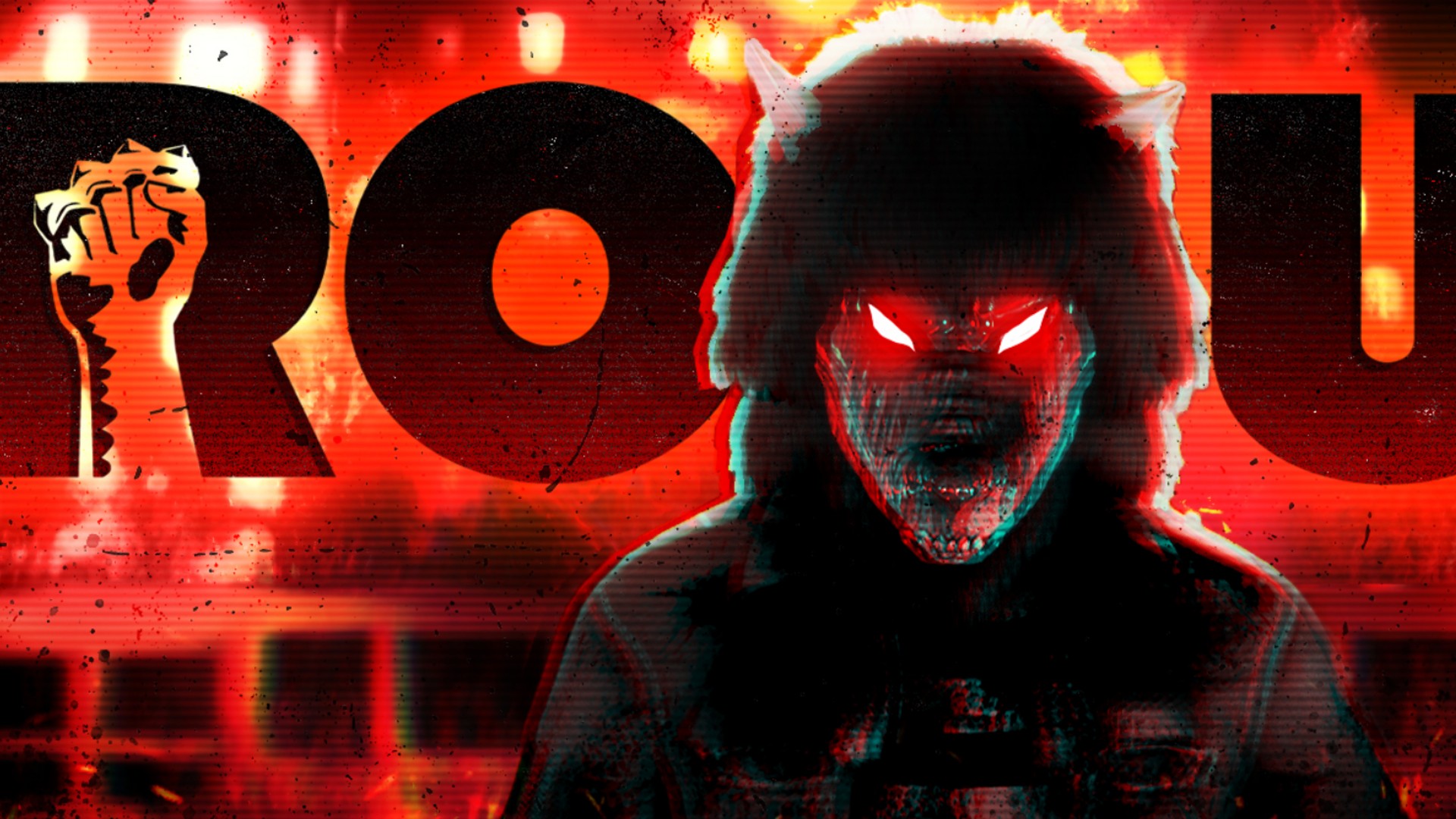
That looks cool, I said, about halfway through Summer Game Fest when I first clapped eyes on Highwater. Oh, that looks really cool, I said again, around the same juncture during the Xbox and Bethesda showcase a few days later – this time admiring The Last Case of Benedict Fox. Currently in-development from indie outfits Demagog Studio and Plot Twist respectively, these games really couldn't be more different. One is a story-driven adventure set in a flooded post-apocalyptic world with isometric combat. The other is a Lovecraftian Metroidvania that unfolds in a twisted demonic underworld. One is bright and colourful, the other is dark and desolate. One looks like Kentucky Route Zero meets Oxenfree with guns, the other saved my Hollow Knight: Silksong E3 disappointment.
One thing that binds both Highwater and The Last Case of Benedict Fox is style. Both are dripping in it, but one other crucial factor also ties the two: their publisher, Rogue Games. "We're looking for games that possess a signature element, and yeah, style's gonna smack you in the face first, right?" says Rogue Games co-founder and CEO Matt Casamassina. "But we're not prescriptive about what those elements are in the end. They just have to grab us."
Going Rogue
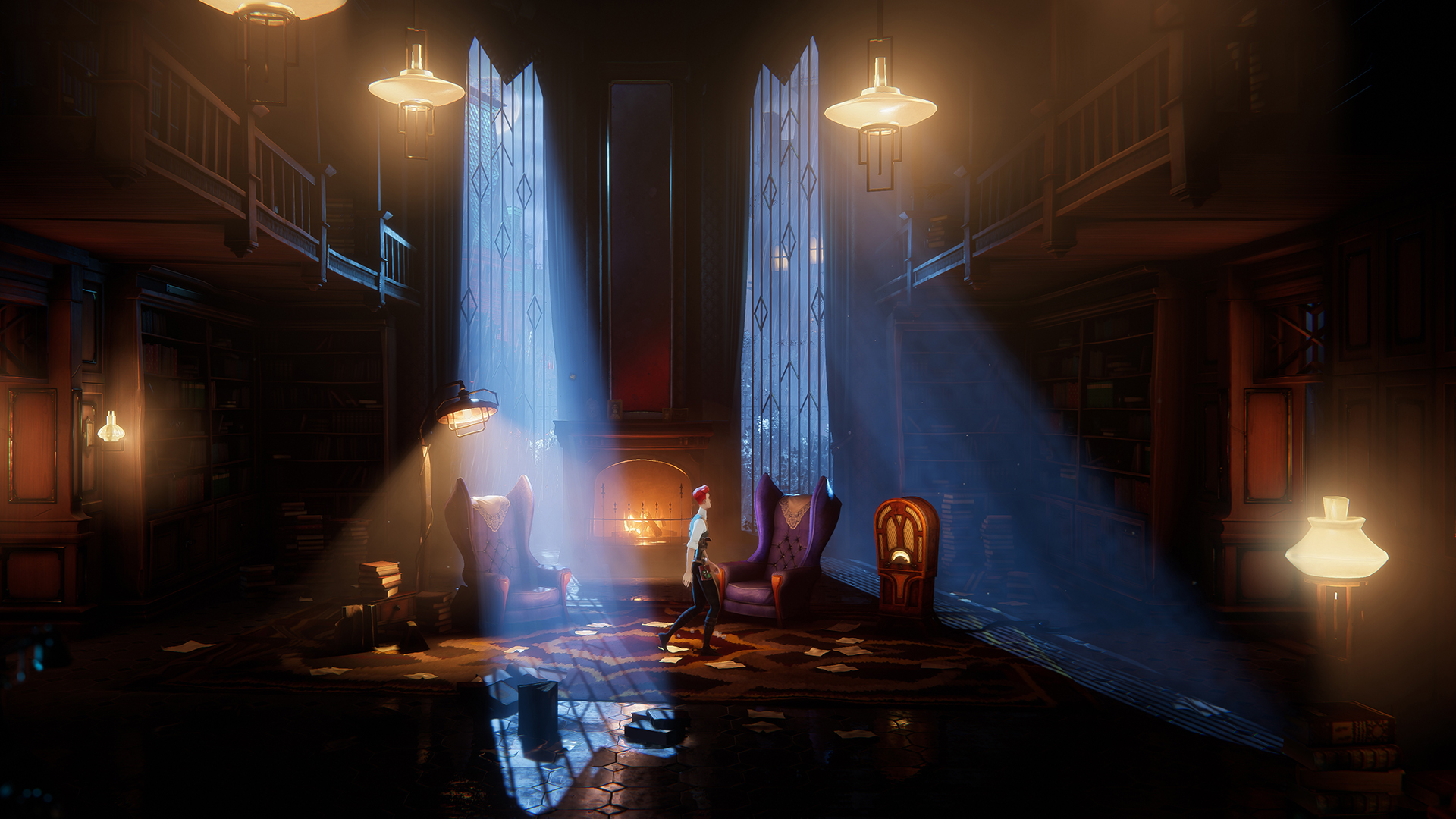
Both Highwater and The Last Case of Benedict Fox certainly grabbed me at first viewing – something I was especially impressed with given the fact they shared show time with big-budget big hitters such as Starfield and The Callisto Protocol. Casamassina admits getting noticed among such stiff, high-profile competition isn't easy, but when your games have the scope to stand out in such a busy space, that becomes a wee bit easier. Highwater and The Last Case of Benedict Fox certainly fit this bill, as do some of Rogue's other incoming projects, such as Cookie Cutter and Homebody – games which, again, are hardly stablemates, but are equally eye-catching in delivery and substance.
"We look for potential, which can really mean a lot of things. But something stands out. Maybe it's an incredible concept. Maybe the art is mind-blowing. Maybe it's so weird that we can't resist. The point is, something pops out at us," explains Casamassina. "Sometimes that potential is recognizable very early on with a great pitch and concept art. Other times it doesn't show itself until it's all in motion via gameplay footage—either real-time or rendered to mimic what the studio wants to achieve. And in rare cases we don't recognize it until the first playable. You get your hands on the experience and something clicks that all the words and video in the world before it just couldn't convey effectively."
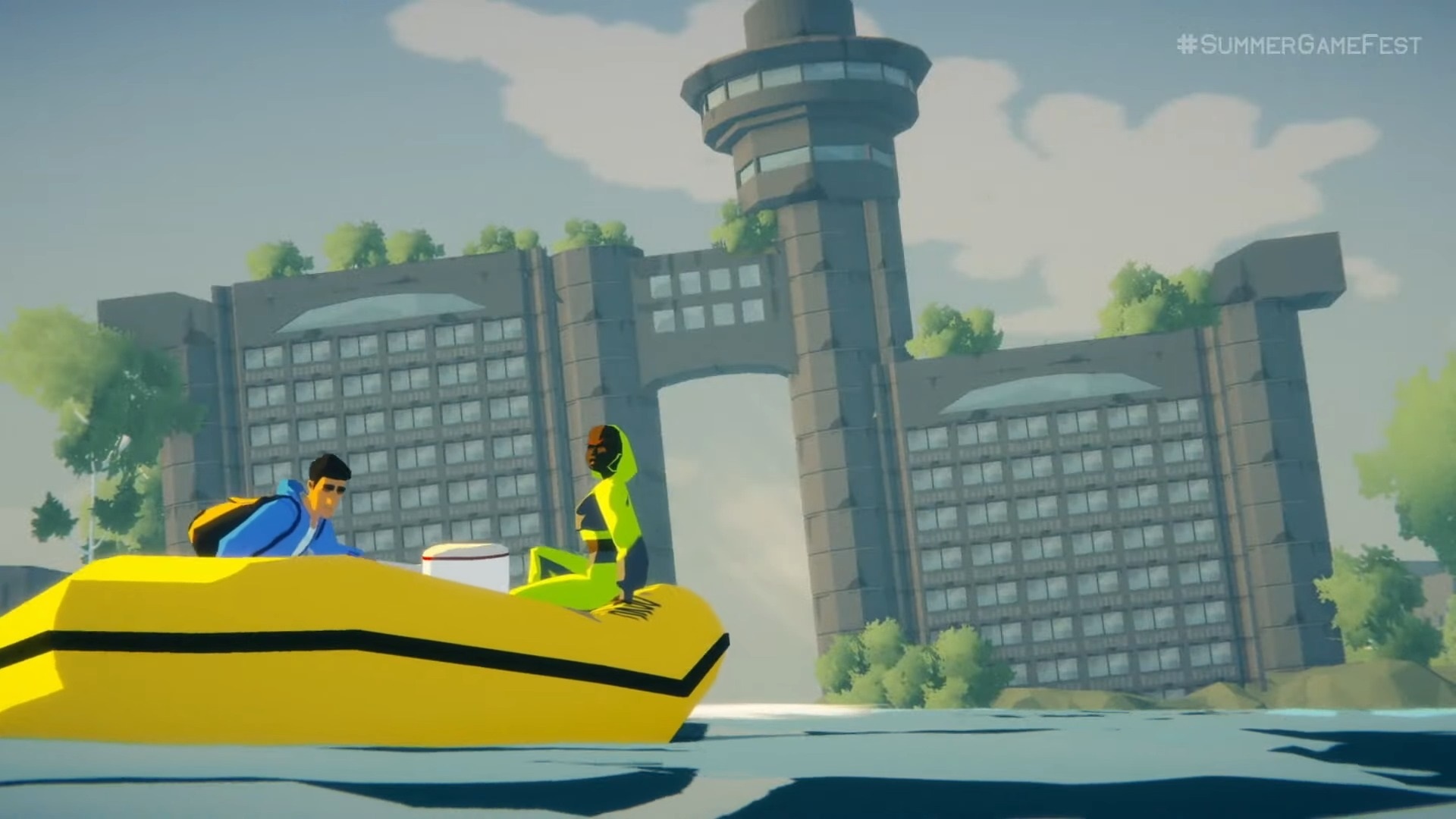
That last part is particularly interesting, because Casamassina co-founded IGN.com once upon a time, and served as its editor-in-chief and, latterly, editor-at-large. After that, he built Apple's App Store games team and ran that for almost a decade. Words and video are Casamassina's bread and butter, and yet Rogue Games remains open to the right projects, so long as they fit with its increasingly impressive portfolio. Still, Casamassina's editorial background helps shape that vision and that process. He adds: "I spent two decades deconstructing games from an editorial standpoint. You learn a lot about games and game development, but you also learn a lot about yourself. What you love. What you hate. What you must have and what you absolutely won't tolerate in games."
"I bring those same sensibilities to Rogue, which is sometimes frustrating for our business development and studio teams, I've no doubt. Imagine a scenario where folks are excited to show me a new game and I spend the entire time questioning its spotty framerate. Yep, I'm that asshole. I can't help it. It's been drilled into me through the years. The upside, though, is that there are no soft opinions and we have very high expectations of our portfolio and ourselves. You mentioned the importance of first impressions and I couldn't agree more. That's why we're announcing new games with Xbox, with Geoff Keighley, with IGN and in partnership with great collaborators like the Game Grumps."
Through hell or Highwater
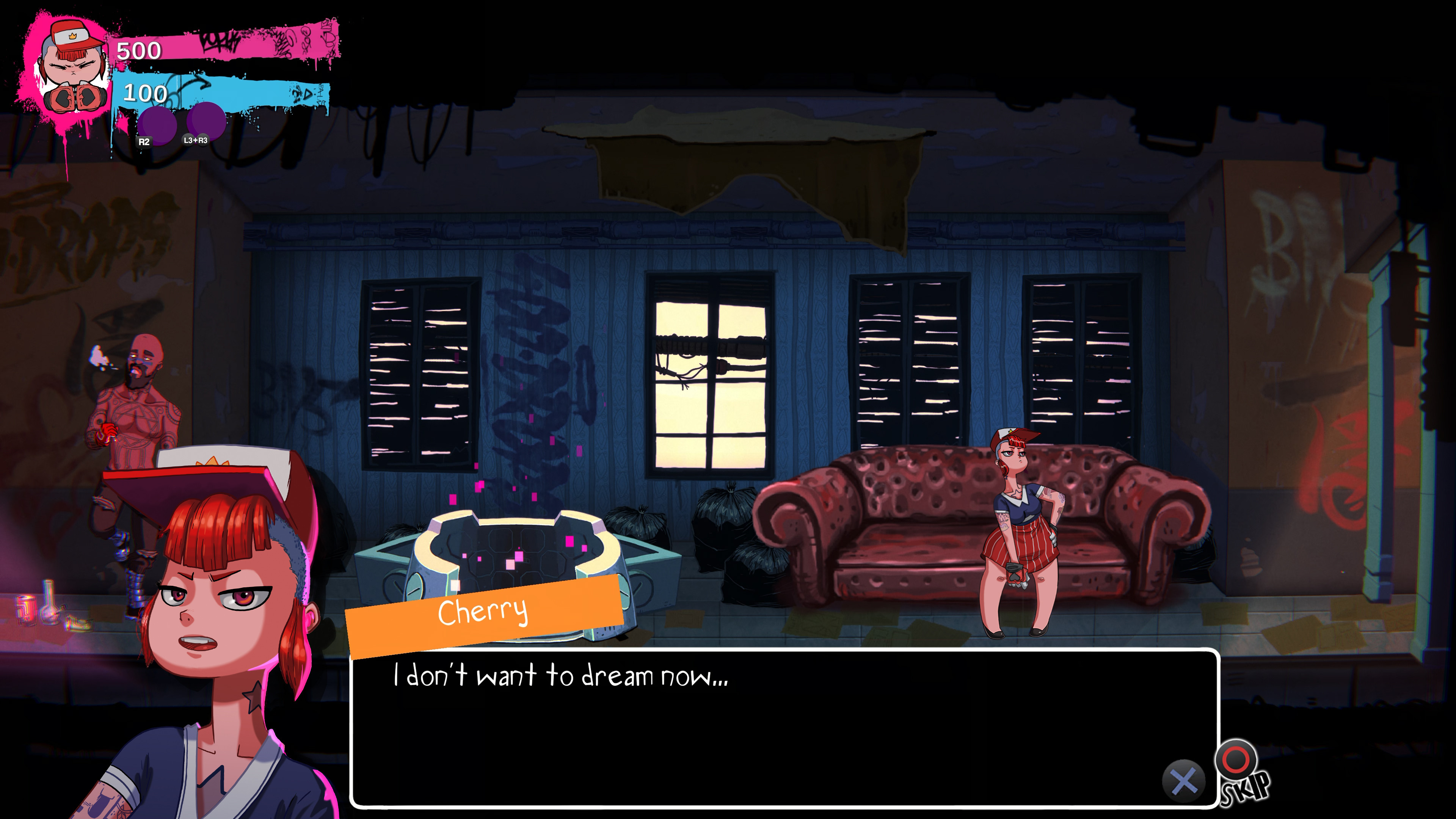
"If Cookie Cutter and Benedict Fox don't make some best of lists I'm gonna be shocked."
Of course, Casamassina's editorial nous works both ways. He's a self-proclaimed Nintendo nerd – "I'm not even gonna try to deny it, anybody who knows me knows it" – and that's reflected in the likes of The Last Case of Benedict Fox and Cookie Cutter's Metroidvania trappings, and Super Mega Zero's bastard-hard retro platformer makeup.
Sign up to the GamesRadar+ Newsletter
Weekly digests, tales from the communities you love, and more
Cookie Cutter is probably the most obvious comparison here, but the alluring catalogue Rogue is building reminds me of Devolver Digital – a publisher whose repertoire oozes style and panache and is filled with games that are instantly identifiable. Games that fly under the Devolver banner almost always look like Devolver games, despite being created by a sweeping range of different devs across different genres, and it seems, from the outside looking in at least, that Rogue is building something similar. Casamassina is flattered by the comparison, and jokingly cites Daniel Mullins Games and Devolver's Inscryption as a project that made him "simultaneously happy that a publisher helped bring something so badass to market even as I quietly seethe with a jealous bloodlust rage that it wasn't Rogue."
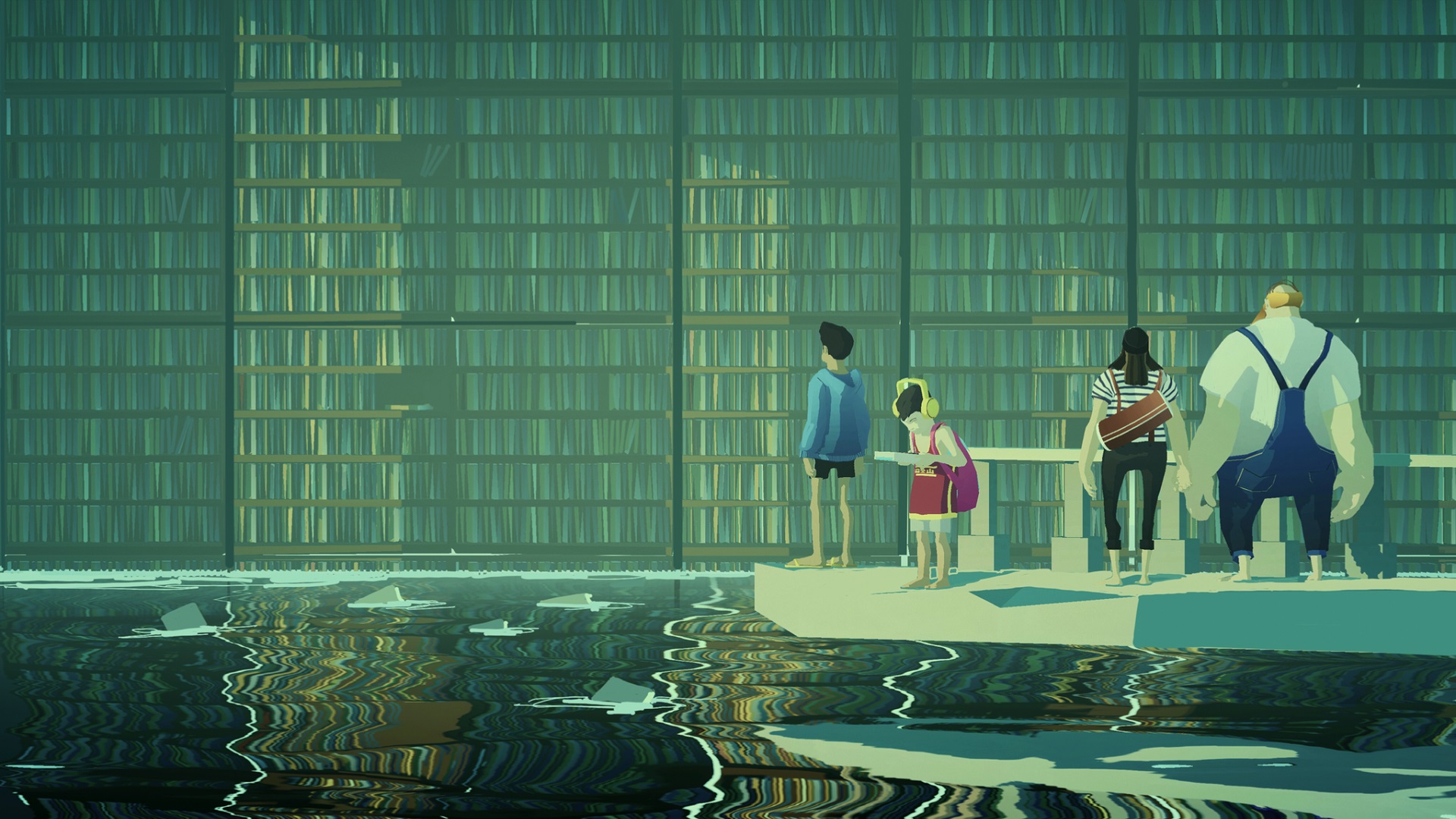
Joking aside, Casamassina is, as you may expect, proud of Rogue's pre-existing catalogue, and looks forward to the projects the publisher will welcome in the future. A measure of the variety in Rogue's current upcoming line-up is reflected in the things Casamassina loves about each game. He describes The Last Case of Benedict Fox, for example, as wonderfully gothic, strikingly beautiful, and something that "feels like it was ripped out of Tim Burton's brain". Highwater, on the other hand, is a game players will take their time with. They'll get lost in its world, and revel in hopping between its more sedate and thoughtful moments with its frantic bouts of combat. "One minute you're coasting along this serene waterscape taking photographs and the next – wham – you're surrounded by a pack of enemies and suddenly the whole experience transforms."
Homebody, from Game Grumps, is an homage to classic '90s survival horror in style and substance – but Casamassina believes its handling of emotion and anxiety within the classic killer on the loose scenario is what stands it apart from horror games old and new. Casamassina also reckons hand-drawn 2D Metroidvania Cookie Cutter will "blow people the hell away when it ships next year", by virtue of its looks, and its depth in exploration and "Souls-like level" combat. Casamassina proudly adds: "If Cookie Cutter and Benedict Fox don't make some best of lists I'm gonna be shocked."
Here are some of the best Switch indie games on the market right now.

Joe Donnelly is a sports editor from Glasgow and former features editor at GamesRadar+. A mental health advocate, Joe has written about video games and mental health for The Guardian, New Statesman, VICE, PC Gamer and many more, and believes the interactive nature of video games makes them uniquely placed to educate and inform. His book Checkpoint considers the complex intersections of video games and mental health, and was shortlisted for Scotland's National Book of the Year for non-fiction in 2021. As familiar with the streets of Los Santos as he is the west of Scotland, Joe can often be found living his best and worst lives in GTA Online and its PC role-playing scene.


